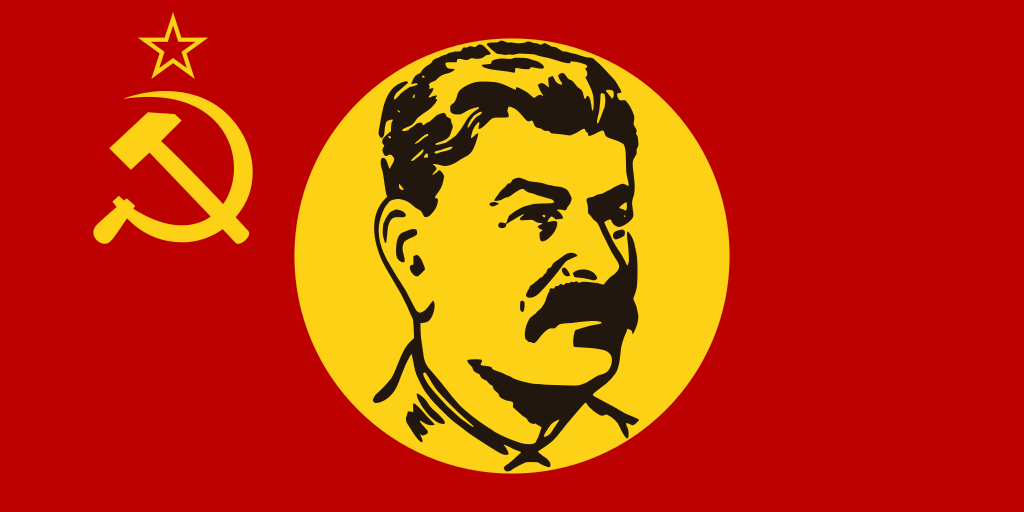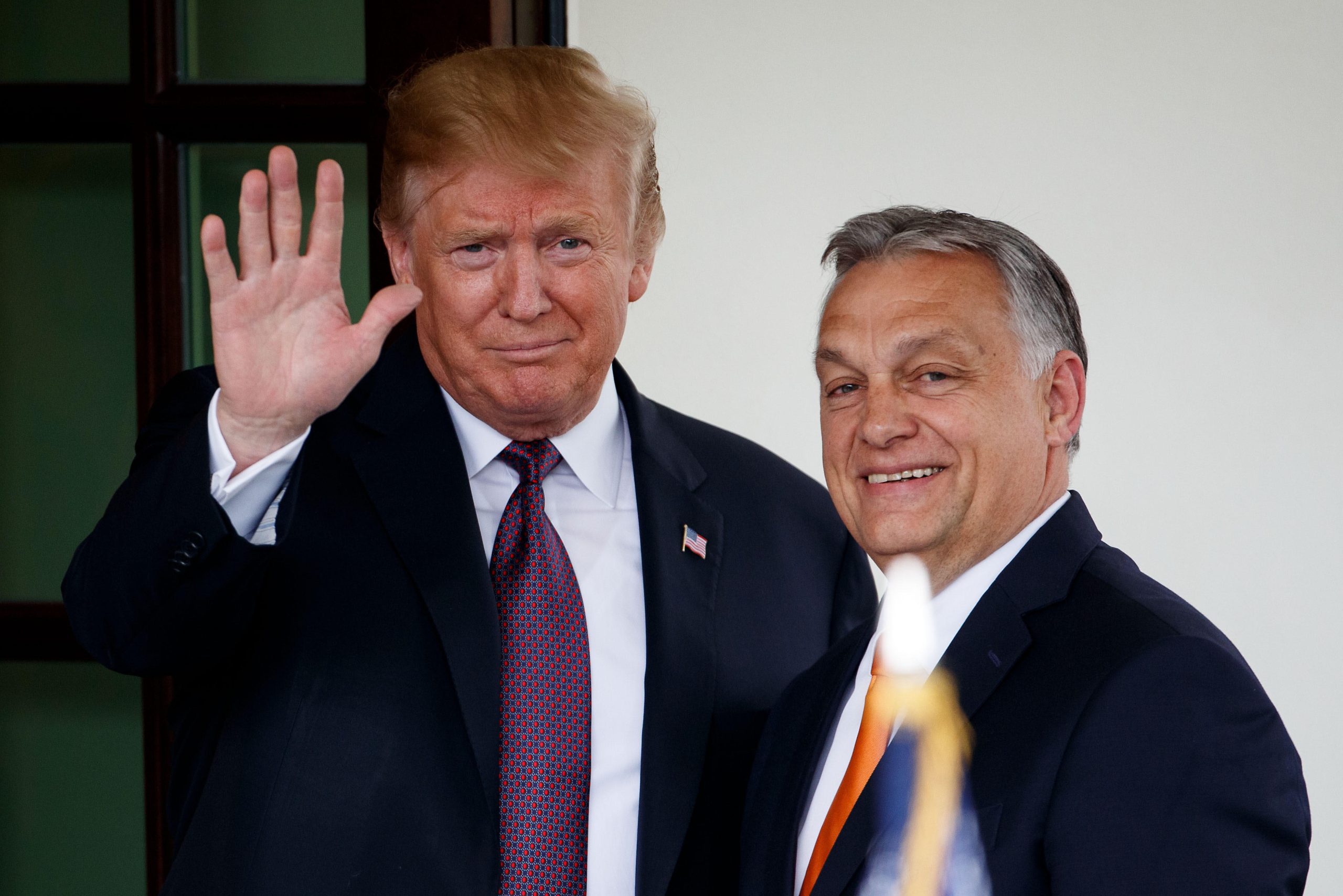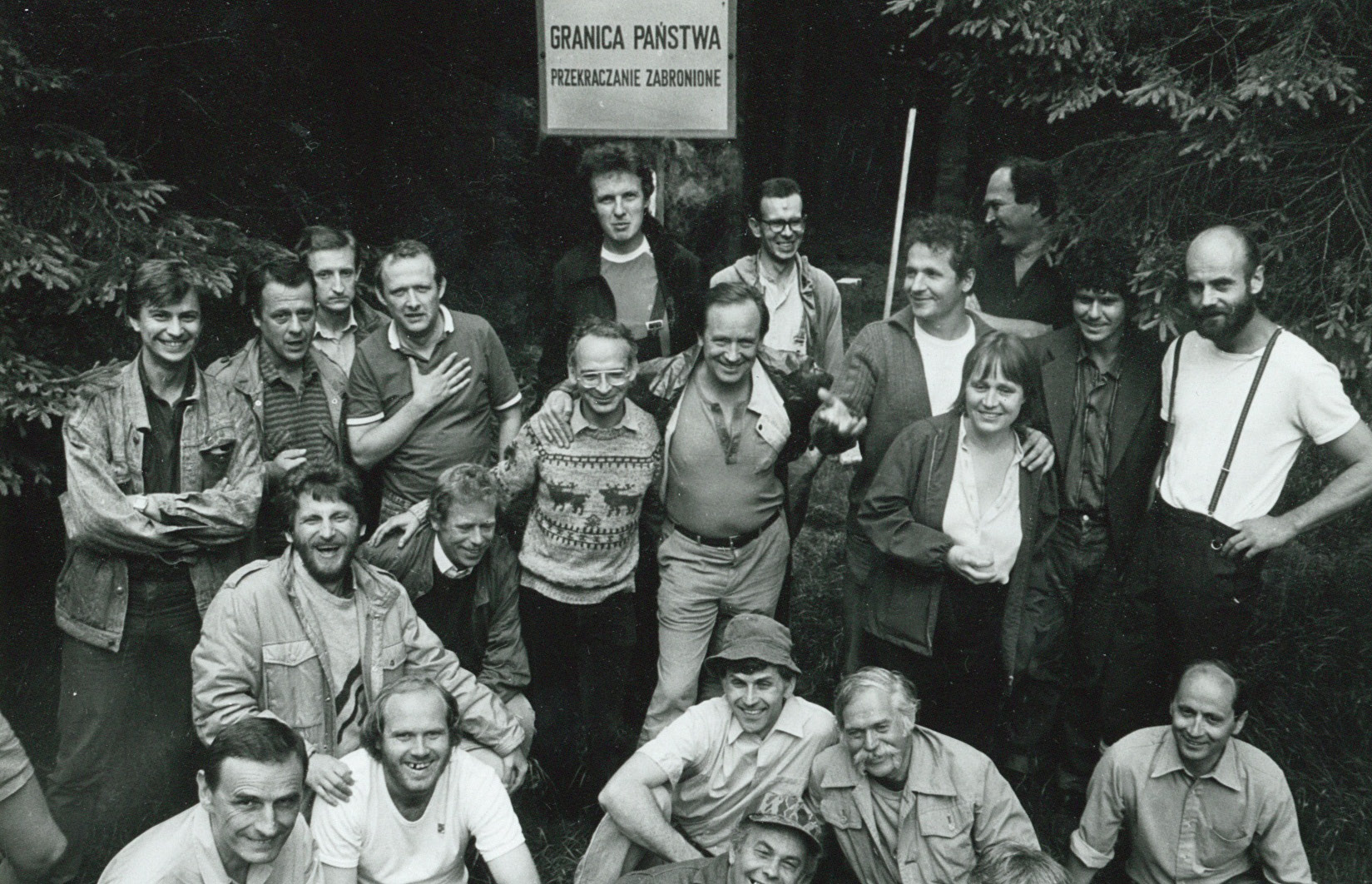
As Communist Party elders call for free speech in China, Wen Yunchao reveals how the government’s strict control of online content is supported by a finely tuned infrastructure of laws and censors
This article first appeared in Index on Censorship magazine January/February 2010
Day-to-day censorship in China falls into two categories. The government’s propaganda authorities supervise websites that are legally licensed to carry news, while those without a license are dealt with by the public security authorities and the internet police. Unlicensed websites that are considered particularly influential may also be overseen by propaganda officials.
All news sites operate on more or less the same lines: a combination of instructions from the authorities and self-censorship. Instructions are issued requiring the deletion of specific articles. Usually, the propaganda authorities will have automated indexers that use key words to identify pages which may be of concern and, once read by the censors themselves, these pages may be flagged for deletion. The authorities may also request the publication of specific content. News sites receiving such instructions must act quickly. Instructions may range from an order to delete content, or all related content, not to publish certain content, or not to ‘play up’ a news item.
Website managers will establish a range of ‘filter words’ in accordance with these instructions, ranging from ‘key words’, to ‘sensitive words’, to ‘safe words’. Generally speaking, articles containing ‘key words’ are deleted, those containing ‘sensitive words’ require reading by the censor before publication; and those containing only ‘safe words’ will be published immediately — although there’s always a risk they may be deleted later after review. If a forum user or blogger publishes an article containing ‘key words’ for that website, it will be removed immediately and not even seen for review. If it contains only ‘sensitive words’, it will not be posted until approved by a censor. If it contains only ‘safe words’ it will be published, but is still subject to review.
Successfully published articles may also fall foul of new instructions issued later. There is no unified system of key words, which means that all websites use different standards for approving or deleting content.
The propaganda authorities have established a points system to monitor the implementation of their instructions for news sites. Points are deducted if the site is found to host ‘undesirable information’ (even if it is not listed as such – there are numerous categories of ‘undesirable information’) or news from a non-approved source. In a serious case, a fine may be imposed. Points gained and lost over the year will affect the result of the website’s annual review.
The Party’s propaganda apparatus and the government’s information offices are inevitably staffed by the same people, and the Party may opt to impose fines in the name of the information office. Sanctions on websites run by newsgathering agencies may also be imposed via the Party’s own system of control – for example by instructing an agency to discipline website personnel.
The oversight exercised by the public security bureau’s internet police is more straightforward – automated or manual checks identify ‘undesirable content’, and instructions for deletion are issued. If instructions are not followed, the case is referred to the telecommunication regulators, who will have the website shut down. The public security authorities also have jurisdiction over news websites, and often issue instructions to delete content not listed in legislation as ‘undesirable’ – for example, anything that shows the public security authorities or the government in a bad light.
Rules of the game
Internet censorship in China is mainly aimed at the control of news and discussion of current affairs. It relies on two supporting pieces of legislation: Measures for the Administration of Internet Information Services (‘the Measures’), issued on 25 September 2000 by the State Council; and Provisions on the Administration of Internet News Information Services (‘the Provisions’), jointly issued by the Ministry of Information Industry and the State Council Information Office (SCIO) on 25 September 2005.
‘The Measures’ established three systems: website licensing and registration; pre-approval for certain types of website; and special approval for certain website functions. They include a list of nine types of ‘undesirable information’, which has come to form the basis for censorship online. Departments of the local public security authorities have responsibility for policing the internet, while administrative enforcement i carried out by bodies such as telecommunications regulators.
The authorities followed up with a range of complementary regulations. For example, on 29 December 2007, the state administration of radio, film and television and the Ministry of Information Industry jointly published Administrative Provisions on Internet Audio-Visual Programme Services. These required providers of online audio-visual services to obtain a licence from broadcasting regulators. In December 2009, a number of online video sharing sites were forced to close as they had not obtained a licence.
The most important regulations establishing pre-approval systems for online censorship are known as ‘the Provisions’. These established a licensing system for websites publishing news. They include: websites run by newsgathering bodies, such as the official sites for the People’s Daily, Xinhua, and the Southern Weekend; news sites established by non-newsgathering bodies – mainly internet portals such as Sina, Sohu and so on; and news sites established by newsgathering bodies to carry their own content exclusively.
The most obvious difference between these categories is the source of news – the first type is permitted to gather news, while the second is permitted only to reprint news from legally authorised sources and may not gather news directly. The SCIO has published two lists of legally authorised news sources. Carrying news from any other source would result in punishment. The requirements for obtaining a licence to carry news are extremely high and only available from the SCIO itself. By the end of 2008, there were 430,000 websites in Guangdong – just eight of which held a licence to carry news.
With this system in place, the Chinese government can use its traditional control over newsgathering to keep a grip on online news publishing. China’s propaganda apparatus has a strong and longstanding hold over news production, including a licensing system, pre-publication approval and post-publication review of content, control over management and personnel decisions, and a day-to-day system of propaganda rules and notifications.
‘The Provisions’ list 11 types of ‘undesirable information’, two more than ‘the Measures’, and again this forms the basis for much of China’s internet censorship. Enforcement of these regulations is usually undertaken by local propaganda authorities, with administrative enforcement carried out by news or telecommunications regulators at provincial level or above.
News and propaganda authorities are not just able to censor the content produced by newsgatherers – annual review of news publication licences and a points system for evaluating internal content management are also used to maintain control over websites republishing news articles. Any website which does not co-operate with content censorship is likely to lose its licence to publish news at the next annual review.
Wen Yunchao is an internet observer based in China who works to remove restrictions on informationand fights for freedom of speech. He was among the second group of signatories of Charter 08





